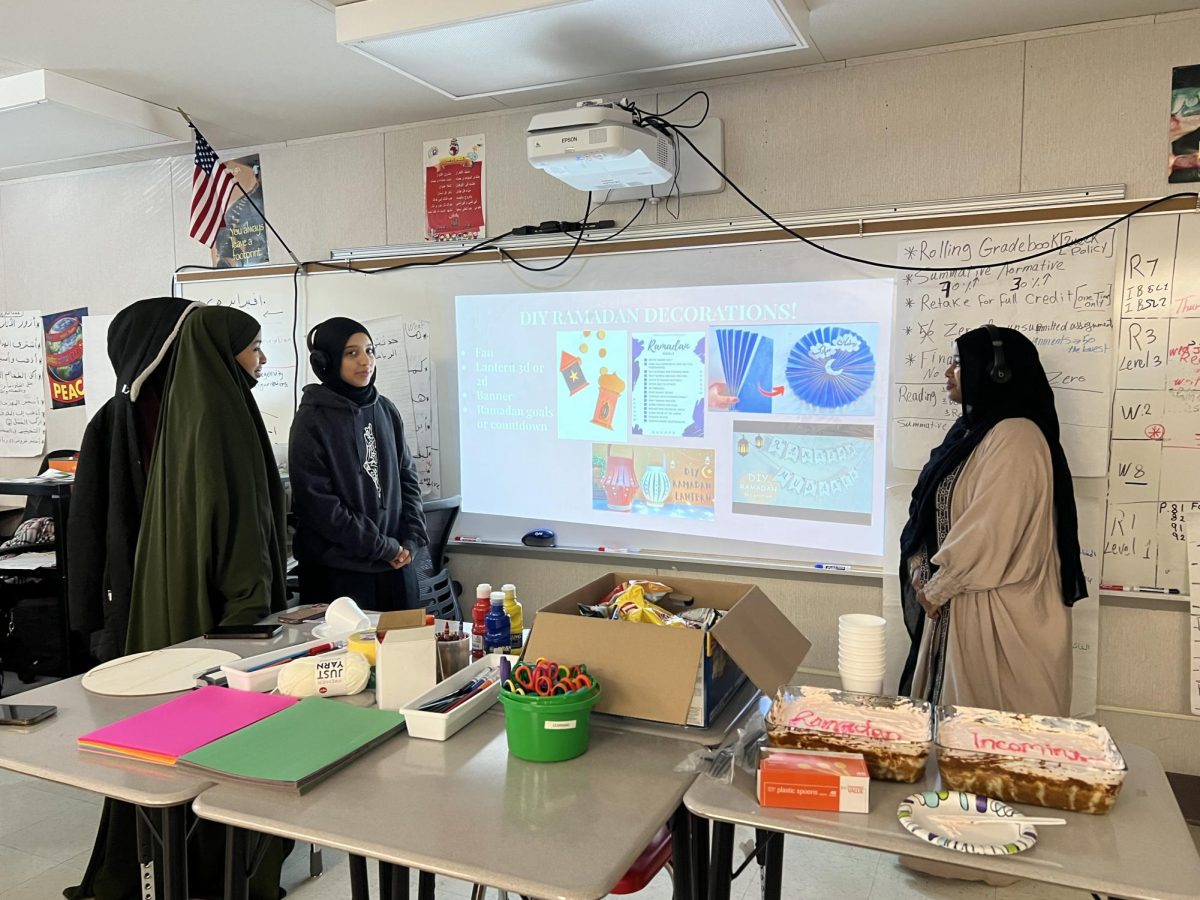Israel and Palestine–even the nomenclature of the parties involved in the conflict that has ailed the Middle East is controversial. Some people still cannot even agree on what to call the stretch of land between the Mediterranean and the Jordan River!
Nonetheless, the greatest problem that had beleaguered any sort of progress in the region is that of mutual suspicion, misfortune and misinformation.
Regarding suspicion, both Israelis and Palestinians are quick to vilify each other, often without meeting each other. The elements justifying this sort of demonizing are passed down within families as an heirloom, just as fine silver or jewelry.
Misfortune, as well, has complicated claims and ties to the land that encompasses Israel. Both the progenitors of the Israeli and Palestinian people have faced countless woes and wrongs.
If one were to look solely at Biblical verse and ancient history preceding the Babylonian-induced Great Diaspora in the sixth century BCE, the lands that entail modern-day Israel would belong exclusively to the Jewish people. If one were to look at more recent history, one might conclude that the lands surrounding Israel belong to the Palestinian people.
However, it is not realistic to be a biblical literalist if peace it truly desired. This is where misinformation worsens the already inflamed elements of our conversation regarding Israel and Palestine listed above. Frankly, I often hear those who choose to discuss Israel and Palestine spewing incorrect facts and observations that were obviously gleaned from biased, or even intentionally poor sources. This problem is not limited to Americans; Israelis and Palestinians are subjected to misinformation quite frequently.
Perceptions are often misinformed as well. It is often hard for me to converse with people about this issue due its sheer amount of nuances. Many people fail to recognize biases they hold about the issue that might impede their ability to fairly address Israel.
Of course, the same is often assumed about me. My faith might serve, in the eyes of some, as an intrinsic bias. However, I do not doubt for a moment that my religious upbringing has helped offer me an insight into many details that pervade the Israeli-Palestinian issue. As a Jew, many of my friends have assumed that besides supporting a Jewish state that I also support the Israeli government. While I unconditionally believe that a Jewish state must continue to exist (which does not, by any means, exclude a two-state solution), I often find myself at odds with the policies of the Israeli government. This is an important distinction that is often not recognized.
That is why the only effective way to solve the Israeli-Palestinian solution is through education. Israel and Palestine ought to construct more schools like the Hagar School, which is an institution that educates Palestinian and Israeli children within the same classrooms. Appropriately, graduates of the Hagar School possess an understanding of the commonalities between their Palestinian and Israeli parents that they once thought were nonexistent.
Then, and only then, can we begin to discuss a two-state solution. Palestinians and Israelis cannot begin to make progress before they take account of their own inhibiting standards and mutual misunderstanding.








